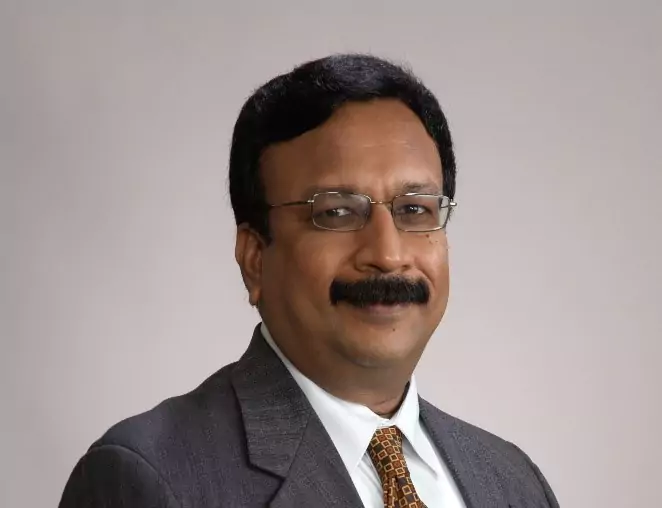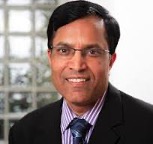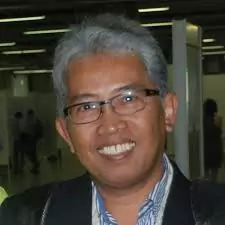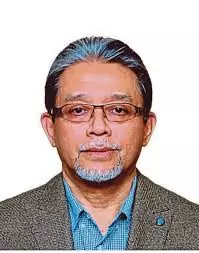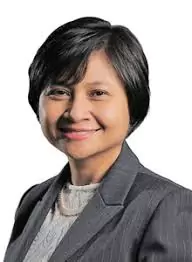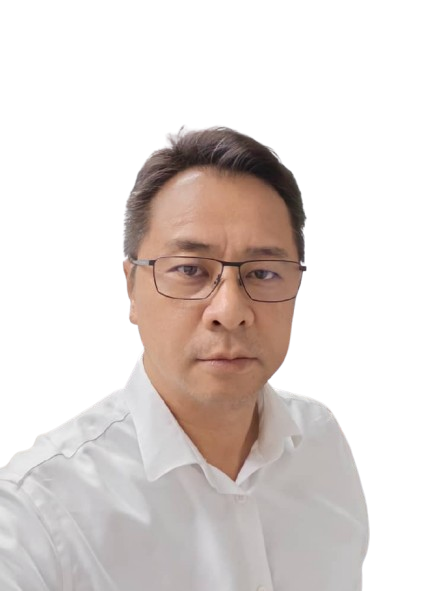Dato’ Prof. Dr. Ahmad Farhan Mohd Sadullah is presently the Vice Chancellor of Universiti Putra Malaysia (UPM) and Professor in Transport Studies. Between March 2017 and April 2021, he was appointed as the Deputy Vice-Chancellor (Academic & International) of USM. Preceding his term as Deputy Vice Chancellor, he was both the Dean of the School of Civil Engineering and the Director of the USM’s Engineering campus. He is widely regarded as a leading expert in transport matters in Malaysia. He was the founding member of the Commission Member of the Land Public Transport Commission (SPAD), and was made the Interim Chairman from 2017 until the day SPAD was decommissioned by the government. As a commission member, he has helped to steer the organisation and the public transport strategies of the country. He was appointed as the Director General of the Malaysian Institute of Road Safety Research (MIROS) between 2008 and 2011, and was critical behind many road safety strategies of the country. He is still very active championing road safety in Malaysia. In 2016, Ministry of Transport (MOT) Malaysia appointed him as the Cluster Head for the National Blue Ocean Strategy (NBOS) for MOT on road safety. For his work in road safety, he was accorded the Road Safety Icon Award by the Road Transport Department Malaysia (JPJ) in 2015. He has been advising the Penang State government and was instrumental behind the Penang Road Safety Strategies 2014-2020, the only state in Malaysia with such initiative. He continues to be the champion of road safety, and has been advocating for a new approach for road safety in order to produce the desired results. In Universiti Sains Malaysia (USM), Farhan was acknowledged for his leadership qualities very early in his career. Merely two years after he came back from University College London, with his Ph.D in 1995, he has started to hold administrative responsibilities at USM. To date, Farhan has been appointed FOURTEEN (14) times, for various positions in the school, campus and the university. He was the pioneering head of FOUR (4) of the positions that he held, namely, as the first Coordinator of the Engineering Innovation and Technology Development Unit (EITD), the first Research Dean of Engineering and Technology, the first Director of the Innovation Office, and the first Director of the Transformation Office. He has conducted numerous researches and projects specializing in various areas of transport such as on Intelligent Transport System, public transport, sustainable transport, road safety, travel behavior and traffic engineering. He has also published technical reports, books and journal manuscripts relating to transport. In addition to teaching, Farhan also supervises postgraduates at Masters and doctorate levels. Dato’ Prof. Dr. Ahmad Farhan Mohd Sadullah Naib Canselor Universiti Putra Malaysia He has his fair share of participation and recognition at the global stage. Amongst the highlights of Farhan’s international endeavour was when he was appointed as the Chair of the World Road Association (PIARC) Technical Committee C.2 on Safer Road Operations for the 2008 to 2011 session. He has also held advisory roles to two Japanese companies in relation to road sustainability. Academically, Farhan has a PhD in Transport Studies from the University College London, United Kingdom. He has a Master of Science in Transport from the Imperial College London, and a Bachelor in Civil Engineering from the Catholic University of America, Washington, United States. He also holds a Diploma of Imperial College (DIC) from the Imperial College of Science, Technology and Medicine. Professionally, he was a council member of the Road Engineering Association of Malaysia (REAM), a council member of the Intelligent Transport System (ITS) Malaysia, member of the Institution of Transportation Engineers (ITE), Institution of Engineers Malaysia (IEM), Road Engineering Association of Asia Australasia (REAAA), Transportation Science Society of Malaysia (TSSM), and the ITS Malaysia. He is presently an International Scientific Committee (ISC) member of the East Asia Society of Transportation Science (EASTS). In June 2013, Farhan was also appointed as the member of the Expert Panel to review the safety of the Malaysian construction Industry. In 2016, he was appointed as a member of the Research Advisory Council of the Construction Research Institute of Malaysia (CREAM). He helped the Construction Industry Development Board (CIDB) to formulate the Construction Industry Transformation Plan (CITP) between 2006 – 2010, and has been a member of the Construction Industry Transformation Plan (CITP) Thrust Working Group (TWG) on Environmental Sustainability for CIDB since 2016.

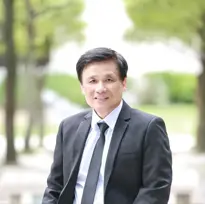
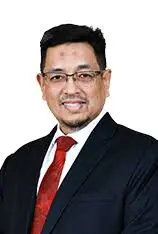


 Wang_245574.webp)
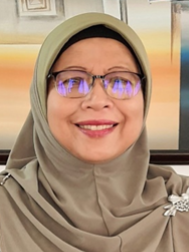
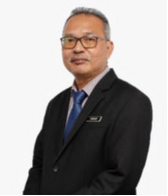
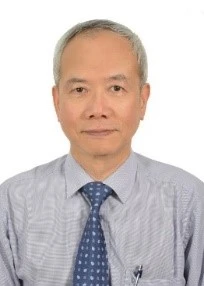

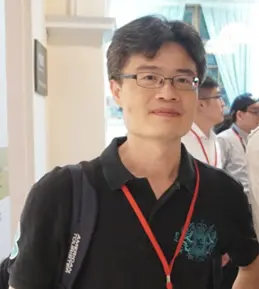
 Hsiao_245669.webp)
